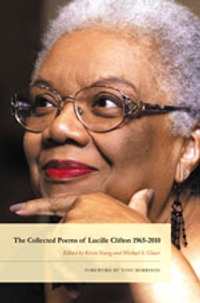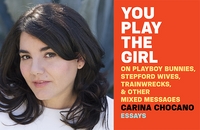Much celebrated despite his relative youth, Young has set himself apart from his peers with his supple, variable, blues-inflected line employed in a series of ambitious book-length projects. This bulky yet powerful fifth collection, the title of which references Robert Lowell's famous For the Union Dead
, is his first since his debut Most Way Home
(1995) without a unifying conceit: its mostly somber lyrics and shorter sequences tell stories of African and African-American pilgrimages and homelands, imagined, fought for and too often lost. Young begins with a passionate elegy to Gwendolyn Brooks and closes with "Homage to Phyllis Wheatley"; in between comes a tribute to an all-black Midwestern town, terse poems adapted from Booker T. Washington's notebooks and a set of short poems, among Young's best, about rural America. Vivid stanzas describe the vibraphonist Lionel Hampton's last performance: "Arthritic solos// hover like a bee/ above the flower, finding/ the sweet center." The volume's emotional center arrives in a sequence commemorating the author's friend Philippe Wamba and recording Young's visit to Tanzania to attend Wamba's funeral. Each component of "African Elegy" takes its title from a reggae song (Wamba loved reggae), and the sequence combines travelogue with inconsolable grief: "All this might be easier if/ there wasn't a song/ still lifting us above it,/ if wind didn't trouble// my mind like water." (Jan.)



